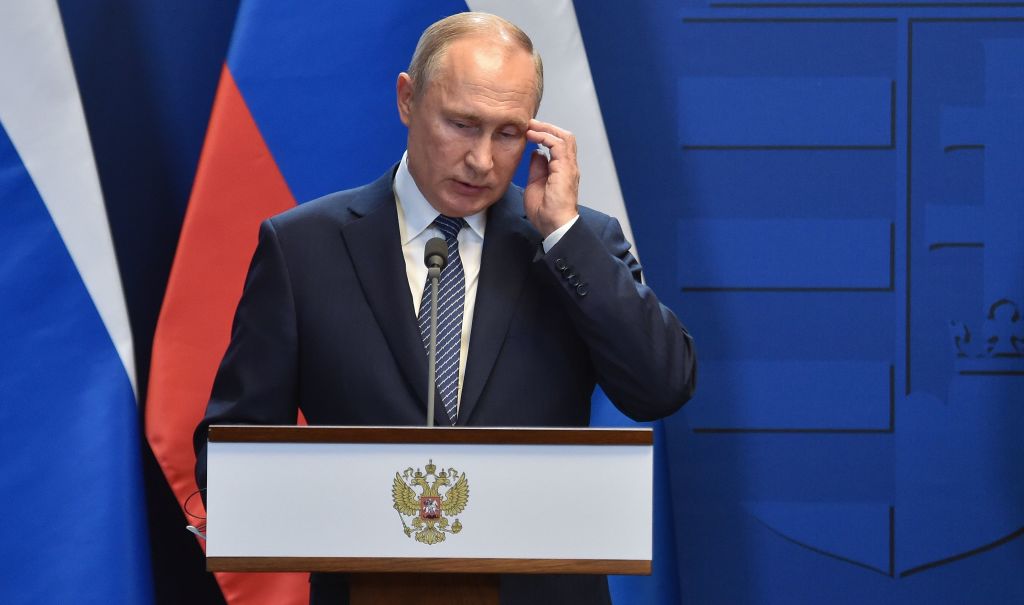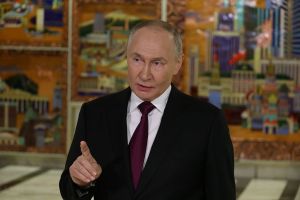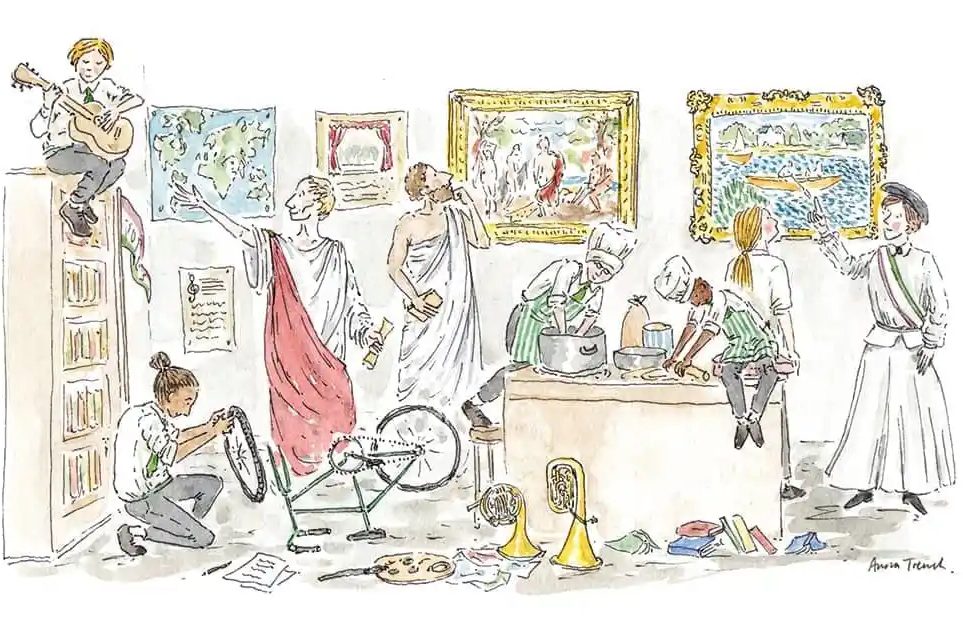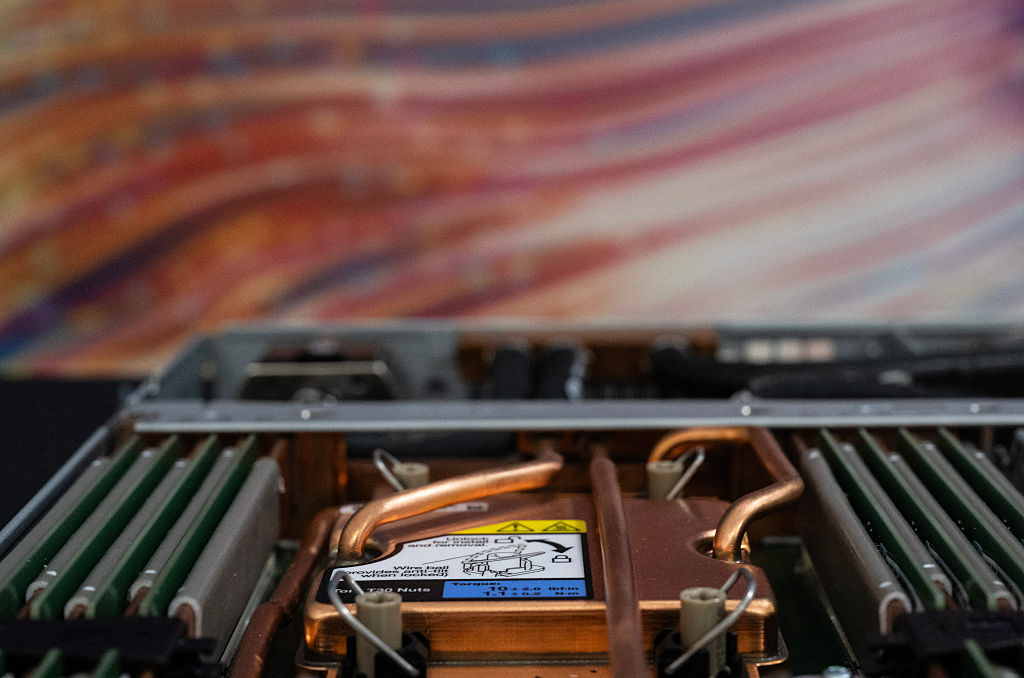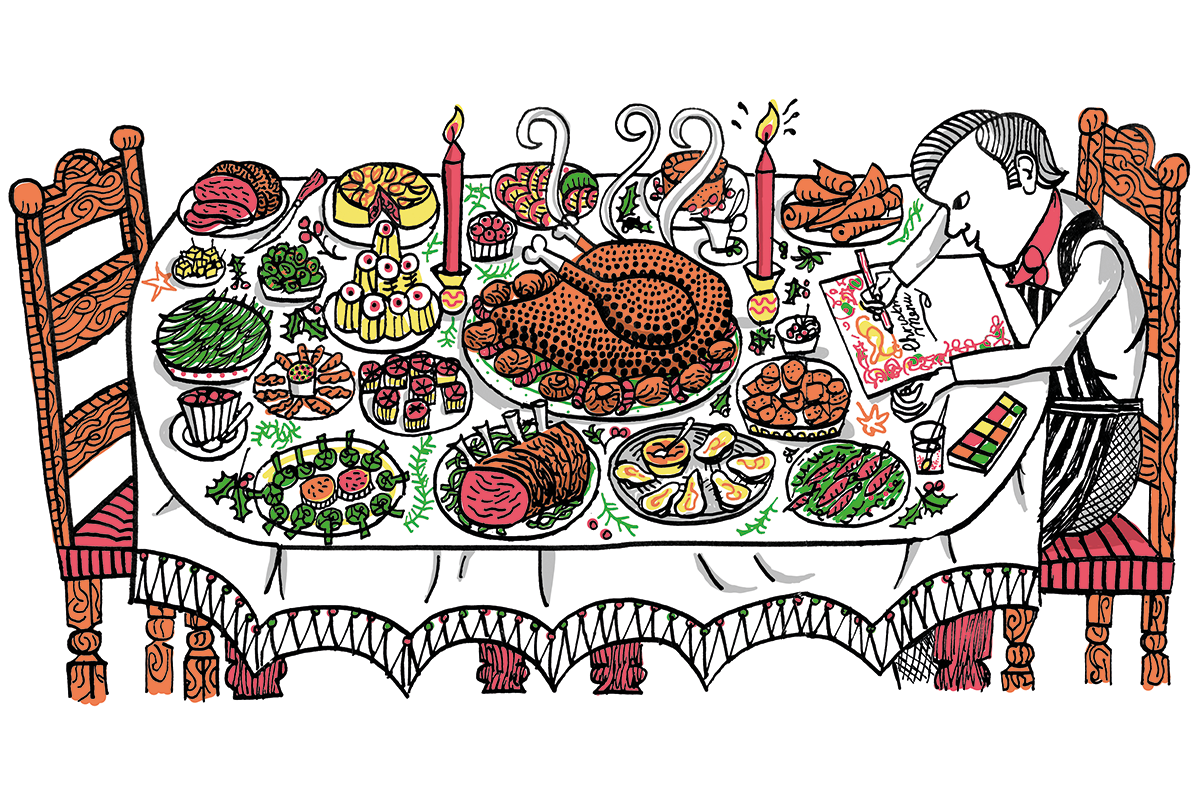Vladimir Putin’s two-week-long war in Ukraine is not going as planned. What the Russian strongman thought would be a romp of the Ukrainian army in a matter of days has turned into a slow-motion train-wreck, with thousands of Russian soldiers killed in battle, images of burned-out tank husks littering the roads and Russia’s economy circling the drain.
CIA director William Burns told the House Intelligence Committee today that Putin is increasingly frustrated about the level of progress achieved thus far in the campaign. “He was confident that he had modernized his military and they were capable of quick, decisive victory at minimum cost,” Burns said during his testimony. “He’s been proven wrong on every count.”
The war has exposed Putin as a reckless gambler who was either ignorant of the consequences associated with an invasion or arrogant about Russia’s ability to contain the fallout. Even if Russia does eventually succeed in wearing down the Ukrainian army through attrition, Russia’s geopolitical position will take a beating. It already has. Putin may come out of this conflict leading a country whose overall power is weaker than when he began it.
Russia’s economy, for instance, is projected to contract by 7 percent this year. The ruble, which was at 74 per dollar at the start of the year, is now within the 120 range. Major international corporations, from Apple and IBM to Netflix and McDonalds, are closing stores in Russia or banning the export of their products to the Russian market. Russia can no longer import high-end US technology, US-designed microchips or any products that use them.
As much as half of the Russian government’s $630 billion foreign reserve cushion is now inaccessible as a function of US and EU sanctions on Russia’s central bank. Russian oligarchs, who were previously untouchable due to their wealth and power, are now seeing their yachts and luxury apartments confiscated.
Putin has managed to dig Russia into a cavernous geopolitical hole of his own making. Before the war in Ukraine, Europe was divided over how to approach Russia policy. Some, including countries in the Baltics and Eastern Europe, were insistent on treating Putin as a pariah. Others, Germany and France included, preferred a more balanced approach of deterrence and dialogue. French President Emmanuel Macron was the European leader most eager for a rapprochement with Russia. “Pushing Russia from Europe is a profound strategic error,” Macron said in an August 2019 speech. “The European continent will never be stable, will never be in security, if we don’t pacify and clarify our relations with Russia.”
After the war, the dynamics have changed dramatically — and not to Putin’s liking. Macron may still be in contact with the Kremlin, but talk about bringing Russia and Europe into the loving arms of a rapprochement is now a distant prospect. Europe, often seen as a rich, bumbling continent that has trouble mustering its considerable power on the international stage, is now solidly united against Russia.
The invasion of Ukraine has forced Europe to actually do something about its Achilles heel of Russian natural gas; the EU is now setting a goal to reduce imports of Russian gas by two thirds this year. Meanwhile, Germany, the epitome of a military underachiever, is spending more than $100 billion this year to upgrade the Bundeswehr’s capabilities. Putin’s decision to wage war has pushed NATO into bolstering its presence near Russia’s western border — the very outcome he’d wanted to avoid. Even Finland, a country that traditionally takes care to preserve its neutrality, is in active discussions about formally joining NATO.
Militarily, Ukraine has exposed the Russian military as a crop of well-armed incompetents. There was a time when analysts were concerned about Putin steamrolling the Baltics. In 2016, the Rand Corporation ran a war game that ended with an ominous conclusion: the Russian military could reach the Estonian and Latvian capitals of Tallinn and Riga in at most 60 hours. It’s tough to see this conclusion holding up based on Moscow’s military performance in Ukraine thus far.
The Russian military is hardly the juggernaut one would expect after a decade of modernization. Instead, it’s rumbling along like an old car with a drop of gas in the tank (in fact, some of its tanks have run out of gas), with poor leadership at the top and morale problems at the bottom.
By sheer force of numbers, Putin may yet win the military battle if he chooses to press his campaign. But he will soon find out, if he hasn’t already, that military victory doesn’t necessarily translate into strategic success.



